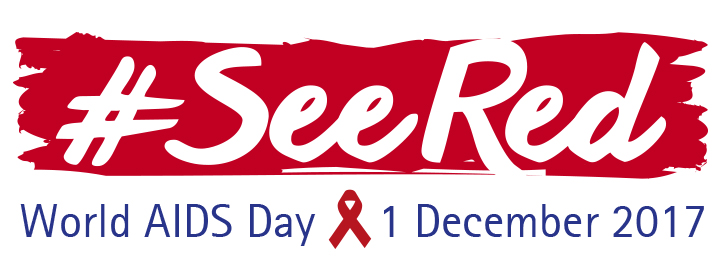Tina Wu
One of the main messages conveyed on World AIDS Day this year is to get test regularly by an accredited health care professional. However, of the over 25 000 estimated HIV-positive patients in Australia at the end of 2015, about 10 per cent were unaware of their status, according to the Australian Federation of AIDS Organisations. Could self-testing be the answer?
Though initially banned, the Australian government amended legislation to allow the selling of HIV Self-Test (HST) devices in 2014, a significant step in the country’s history of HIV treatment. However, these devices have yet to be approved by the Therapeutic Goods Administration (TGA), technically making it illegal to sell these devices on the Australian pharmaceutical market.
HST devices provide greater convenience for those who suspect they have HIV to check themselves at home, with results taking less than 30 minutes to arrive after a simple mouth swab or finger prick. These devices not only save time, but may also provide an emotional outlet by relieving the stress of waiting for a professional.
The delay in the TGA’s approval has not stopped all HIV patients, though, as Australians are still allowed to purchase these devices on the Internet for personal use. Australians who decide to do this, however, are warned against the certain risks of using these HST devices as they are not yet approved by an Australian regulator.
For example, false negative results are of particular concern for those who test themselves during the “window” period. This is the time before the body begins to produce the antigens that the devices are meant to detect, which can last anywhere between two weeks and three months. In addition, users will not be encouraged to take a follow-up test, which means patients may not seek the necessary treatment.
Bought from overseas, HST devices may also be unsuitable for Australian consumers and provide the relevant details to an Australian demographic. Again, this places particular risk for Australians not receiving accurate and helpful information and delaying treatment.
However, HIV testing is free at most sexual health clinics with no need to provide a Medicare card. Different types of testing exist, so it’s important to speak to the relevant professional to find the option that’s right for you.
So participate in this year’s World AIDS Day on December 1 by promoting HIV awareness in your community. Many events have been organised on the day and all are welcome to join.












